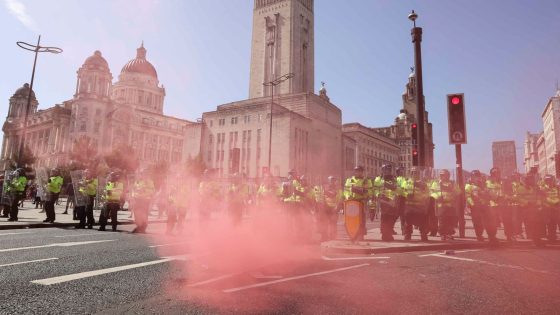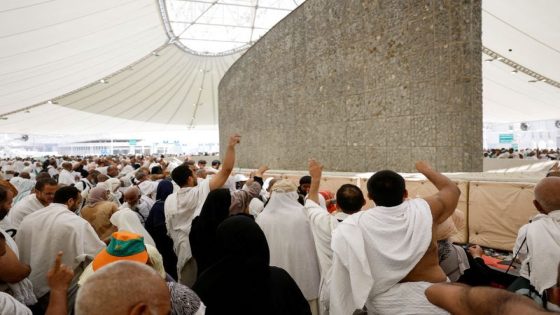A Toronto athlete who won bronze at Canada’s national track and field championships a little over a week ago is set to be deported to Jamaica, where he says political persecution could put his family’s lives at risk and a recovery effort is underway after a devastating hurricane.
Tamarri Lindo and his family moved to Toronto when he was 15. He’s now 20 and only recently won a national bronze medal in the 110-metre hurdles. Lindo completed high school in Toronto before joining York University.
His sister was also born in Toronto but the family will have to bring her to Jamaica because she’s only five years old.
The family fled Jamaica because it believed it was at risk for its political affiliations. Lindo’s father had volunteered and helped campaign with the country’s opposition, the People’s National Party.
But but with its refugee applications rejected, it will be forced to return to Jamaica on Wednesday — something Lindo said he learned while preparing for the biggest race of his season at the championship.
“Before the race, I cried. After the race, I cried,” Lindo said. “[In Jamaica] I could potentially even face death. You know, I’m scared of being shot at.”

His family’s lawyer has submitted a judicial review, which is essentially an appeal of the decision. If it’s successful, the Lindos could return to Canada. But their lawyer Aidan Simardone said it could be in a casket.
“I’m really serious about that,” Simardone said. “The father continues to get threats because of his political activities. And now they’re going back to an island that’s devastated. And this is all being rushed.”
Simardone said the family’s original refugee application was denied because the Canada Border Services Agency (CBSA) was not convinced the family would face hardship if they returned to the country.
CBSA says removal decisions not taken lightly
In a statement, the CBSA said it could not comment on specific cases but that the decision to remove someone from the country is not taken lightly.
“The CBSA has a legal obligation to remove foreign nationals who are inadmissible to Canada under the [Immigration and Refugee Protection Act] and are subject to an enforceable removal order,” CBSA spokesperson Karine Martel said in an email.
But Simardone argues things don’t have to happen this way.
“People often think these procedures are automatic. They’re actually discretionary. The CBSA is doing this because they’re choosing to do this,” he said.
Simardone said Lindo’s father had his neck slashed while organizing for a 2012 election, was targeted in a botched assassination attempt in 2016 and chased down by a gunman in 2019. The 2019 incident led to the move to Canada, where the family unsuccessfully applied for refugee status.
Then they filed for a humanitarian and compassionate considerations application, which was also unsuccessful, according to Simardone.
Regularization needed for all, advocate says
Lindo doesn’t want his younger siblings to have experiences he had as a child.
“I heard a person phone call my dad and say we need to hurry up and get out of here because they’re going to — one day when we are all going off to school — they’re going to shoot up the car with all of us in it,” Lindo recalled.
York University sprint-hurdler and Paris Olympics’ hopeful Tamarri Lindo is at risk of being deported to Jamaica, along with his family. As CBC’s Greg Ross explains, the community is rallying around the Toronto athlete in hopes of preventing that from happening.
Lindo’s lawyer has been contacting members of Parliament trying to find some avenue of support for the family.
The advocacy organization Migrant Workers Alliance for Change is also hosting a petition calling for a halt to the deportation, which so far has more than 700 signatures.
“We know people are being forced to go back to situations of danger, abuse, including in terms of climate catastrophe,” said Syed Hussan, the alliance’s executive director. “The reality is we need a single solution for everyone and that means regularization for everyone.”
Regularization means granting permanent resident status for undocumented people.
A spokesperson for Immigration, Refugees and Citizenship Canada said the department is looking into various options for regularizing undocumented people in Canada.
If he’s able to continue his life in Canada, Lindo hopes to one day compete under its flag on the world stage — despite the ordeal he has been put through.
“It’s way deeper than just what the government sees,” he said. “Ever since I came here, I’ve always wanted to represent this country.”
Source Agencies




